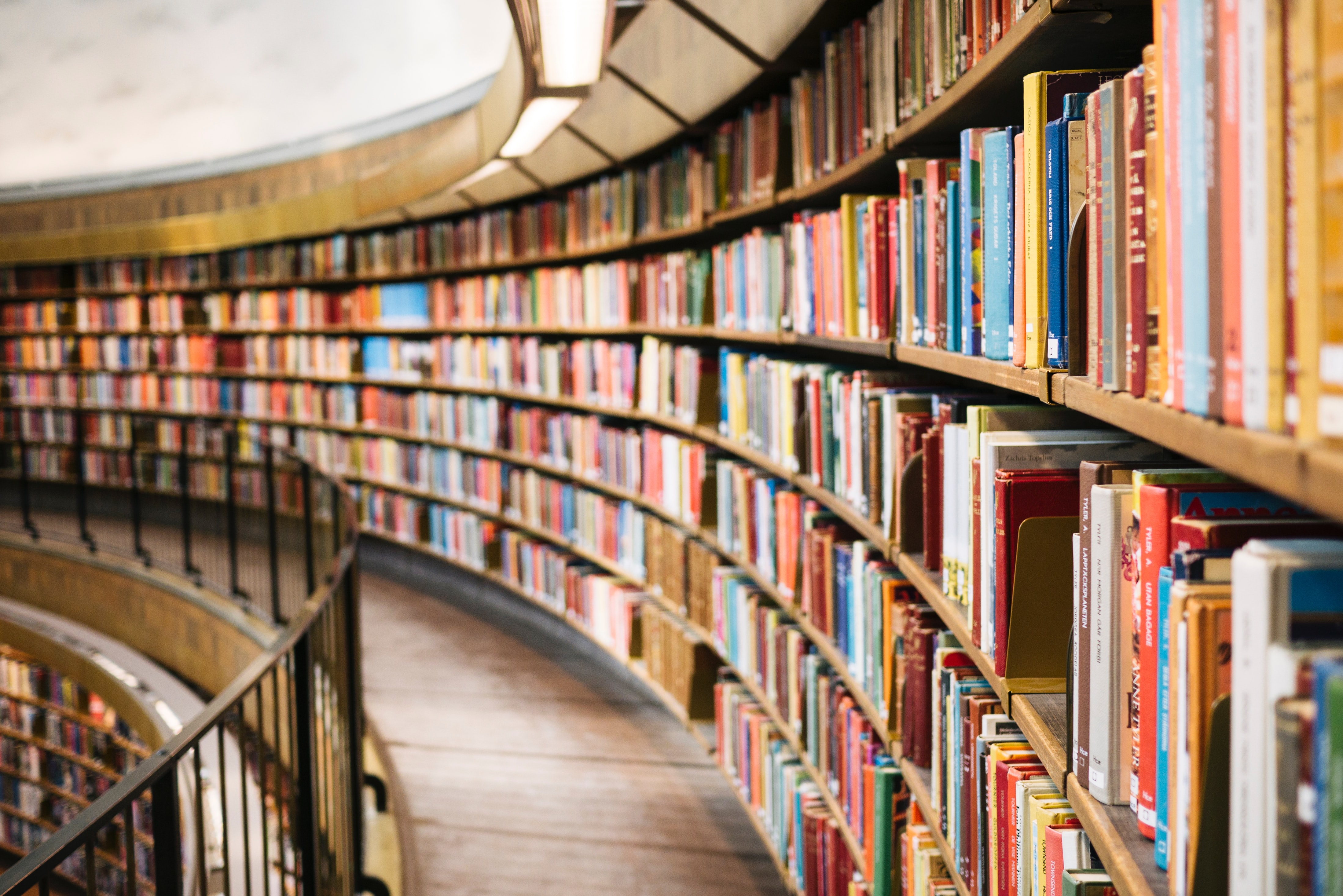Abstract
Rioja Alavesa is a largely Spanish-speaking monolingual region in the Basque Autonomous Community, in which a process of language change is occurring. The Basque language is being reintroduced in the area, mainly through the education system. The aim of the research is to examine the effects of language revitalization efforts in Rioja Alavesa and, particularly, the part played by three different models of bilingual education.A general description of Rioja Alavesa is provided, and the context in which the research was conducted is introduced. In the research investigation, a detailed questionnaire assessed secondary school students' language competence, use and attitudes. The questionnaire was organized in six parts: student's language profile; student's social language network; language use and language domains; attitudes towards bilingualism and Basque; perceptions of language vitality; and ethnolinguistic and ethnocultural identity and intergroup relations.The research is built around an exploratory model of language contact in Rioja Alavesa. This model attempts to reflect the relationship between a set of variables, of which bilingual education is a key element, and was analysed using structural equation modelling. Bilingual education is shown to particularly affect language ability in Basque, confidence in the use of Basque, Basque cultural identity and use of Basque outside the family.
How to Cite:
Baker, C. & Aiestaran, J., (2004) “Bilingual Education in the Basque Country: A Model of its Influence”, Wales Journal of Education 13(1), 8-29.
Downloads:
Download PDF
View PDF
6665 Views
237 Downloads
Published on
2004-06-01
Peer Reviewed

